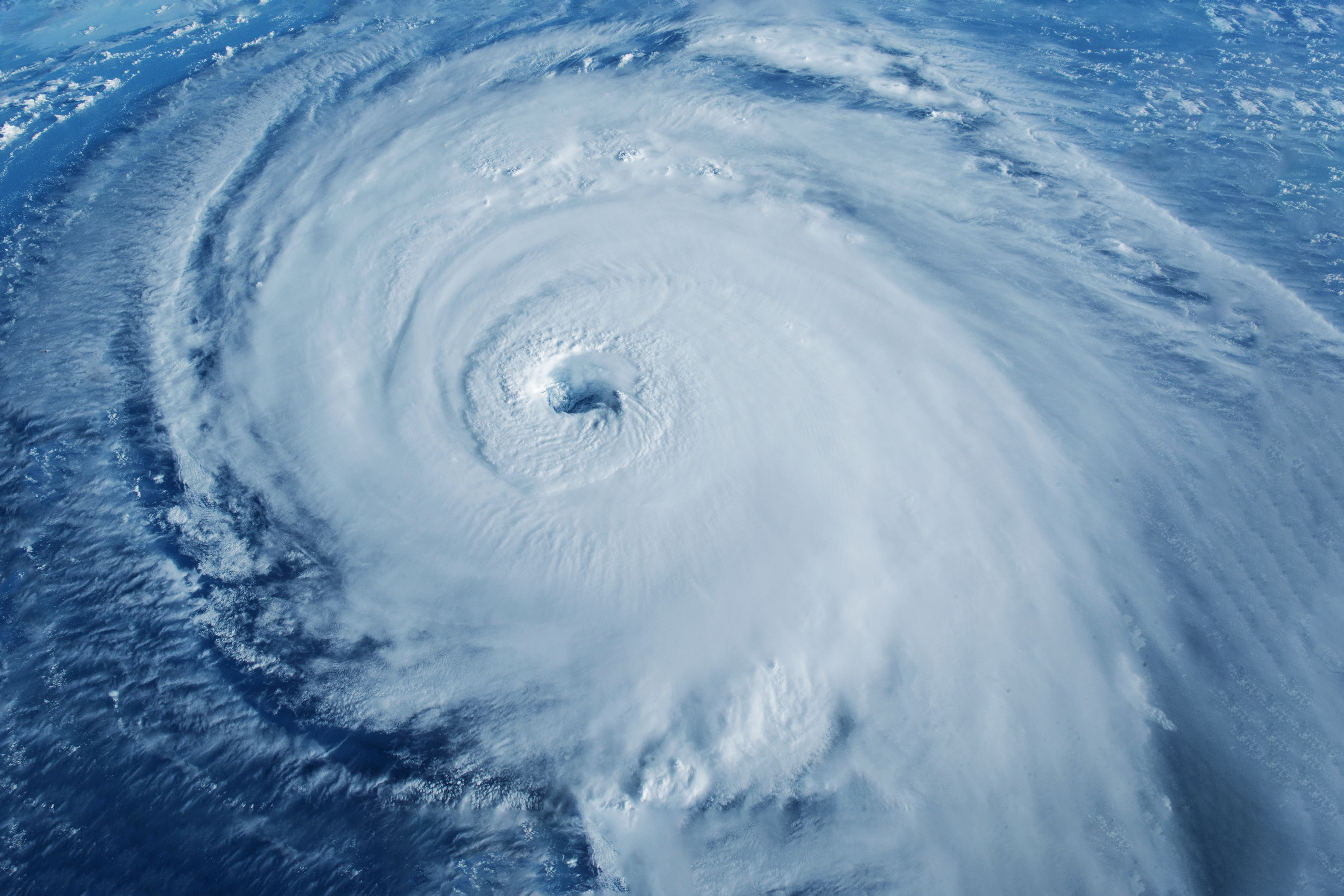
KINGSTON, Jamaica — The Jamaican capital awoke to pounding surf, howling winds and an anxious tourist population as Hurricane Melissa roared ashore near the south-western community of New Hope with sustained winds of 185 mph, making it the strongest Atlantic landfall of the year and one of the most powerful on record.
Hurricane Melissa brings Category 5 force to Jamaica
The U.S. National Hurricane Center (NHC) classified Melissa as a Category 5 storm, the highest rating on the Saffir-Simpson scale. According to NHC forecasters in Miami, the system could unleash up to 700 mm of rain, four-metre storm surges and mountain gusts that may top 200 mph, threatening “total building failures,” director Michael Brennan said at a media briefing. The Jamaican government ordered mandatory evacuations in low-lying and landslide-prone districts and closed every commercial airport on the island. Prime Minister Andrew Holness cautioned residents that no regional infrastructure can withstand such force and warned recovery would be “a significant challenge” once the storm passes.
Roughly 8,000 British visitors affected; FCDO opens crisis centre
The U.K. Foreign, Commonwealth and Development Office estimates about 8,000 British holidaymakers are currently in Jamaica, in addition to 50,000 U.K.–Jamaican dual nationals living on the island. Foreign Secretary Yvette Cooper told Parliament a London-based crisis centre is operating around the clock, while rapid-deployment consular teams are staging nearby to help once conditions allow search-and-rescue flights. Britons in Jamaica have been asked to register their whereabouts online so officials can push safety alerts as the eye wall moves north-eastward.
Hotel lockdowns and anxious guests
Throughout Montego Bay, Negril and the north-coast resort corridor, travelers have been instructed to shelter in place. Many hotels sealed patio doors, drained pools and reassigned ground-floor rooms in anticipation of storm surge. David Rowe, an IT manager from Hertfordshire, told Britain’s PA news agency he spent £3,500 on last-minute seats for his family after a 10-day stay, managing to depart two days before Jamaican airports closed. “The advice should have been: don’t travel,” Rowe said in the interview — as Rowe told PA. Another vacationer, Andrew Tracey, said his Negril property asked guests to remain in bathrooms until further notice. “The balcony walls feel as though they are vibrating,” Tracey told Sky News, adding that staff delivered food parcels door-to-door. Pia Chevallier, staying west of Montego Bay, described “very, very scary” winds in a phone interview with the BBC. She said the group barricaded doors with furniture after being advised to move into their bathroom once eye-wall conditions arrived.
What airlines and tour operators are doing
Tui, one of the largest European holiday firms, announced it is monitoring conditions and has staff on the ground to support customers. An Abta spokesperson said member travel providers are “liaising with local suppliers” and urged vacationers to heed hotel and civil-defense instructions. Because both Norman Manley International Airport in Kingston and Sangster International Airport in Montego Bay are shut to commercial traffic, repatriation flights cannot operate until Jamaica’s Civil Aviation Authority inspects runways after the storm.
Tips for Travelers
- Remain indoors until authorities or hotel management declare it safe. The calm eye can give the false impression that the storm is over.
- Keep electronic devices charged and conserve power by switching to low-battery mode; outages are expected.
- Register with your embassy or consulate—U.K. nationals should use the FCDO online form to receive targeted alerts.
- Prepare a “go bag” with passports, medications, bottled water, snacks and a change of clothes in case of sudden evacuation.
- Avoid flooded roads; flash floods and landslides are likely in mountainous parishes.
Looking ahead: when travel might resume
Meteorologists expect Hurricane Melissa to cross Jamaica within twelve to eighteen hours of landfall before tracking toward the Cayman Islands. Once winds fall below tropical-storm strength, airport authorities will survey damage, but previous Category 5 events have required several days—or longer—before commercial flights can restart. Travel insurance policies that include “natural catastrophe” clauses typically cover additional accommodation, meals and rebooking costs, yet travelers should read exclusions carefully. Airlines usually offer fee-free date changes for tickets involving Jamaica during named storms.
FAQ
- Is my holiday insurance valid during a hurricane? Check for “force majeure” language; most comprehensive policies cover unavoidable delays and trip interruption.
- Will cruise ships still call at Jamaican ports? No. Lines have already rerouted itineraries until port authorities give an all-clear.
- Can I rebook now? Airlines generally open penalty-free rebooking windows once airports reopen and official advisories are lifted.
Why Melissa is historic
Melissa is the third Category 5 hurricane of the 2025 Atlantic season, a benchmark not reached in two decades. By comparison, the 2005 season produced Katrina, which killed 1,392 people and inflicted an estimated $125 billion in damage along the U.S. Gulf Coast. Jamaica has catalogued hurricanes for 174 years, and no prior storm of record has struck the island with winds as high as Melissa’s 185 mph landfall intensity.
Bottom line for would-be visitors
Until Jamaican authorities restore critical infrastructure and airports resume normal schedules, non-essential travel to the island is effectively impossible. Those already on the ground should continue to shelter, follow resort instructions and monitor official channels. Future travelers should consult airline waivers, maintain flexible bookings and watch the hurricane season calendar, which officially runs June 1 to Nov. 30. — as Brennan said at the NHC media briefing.


